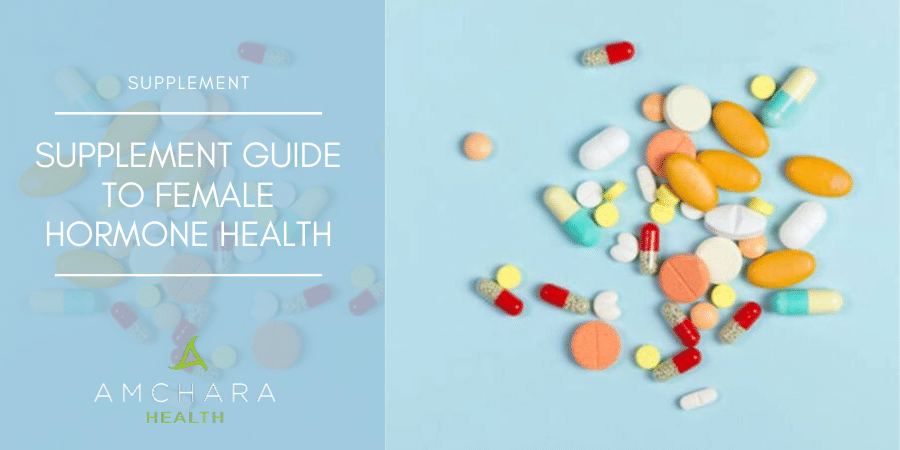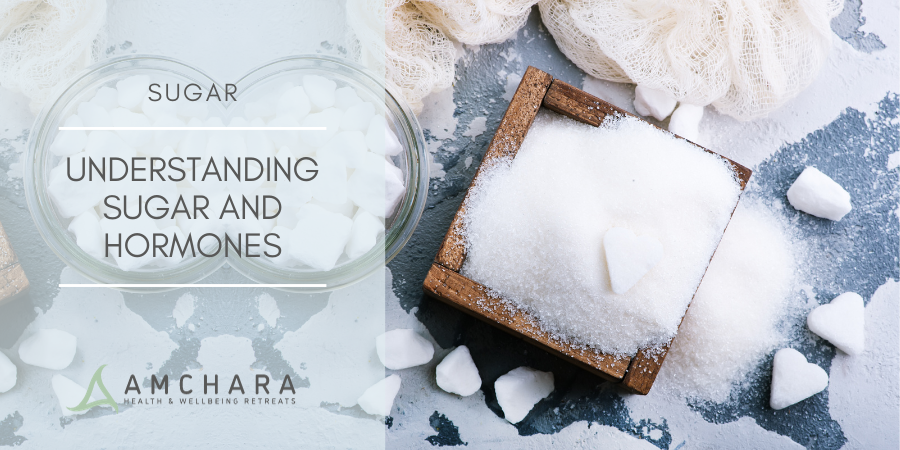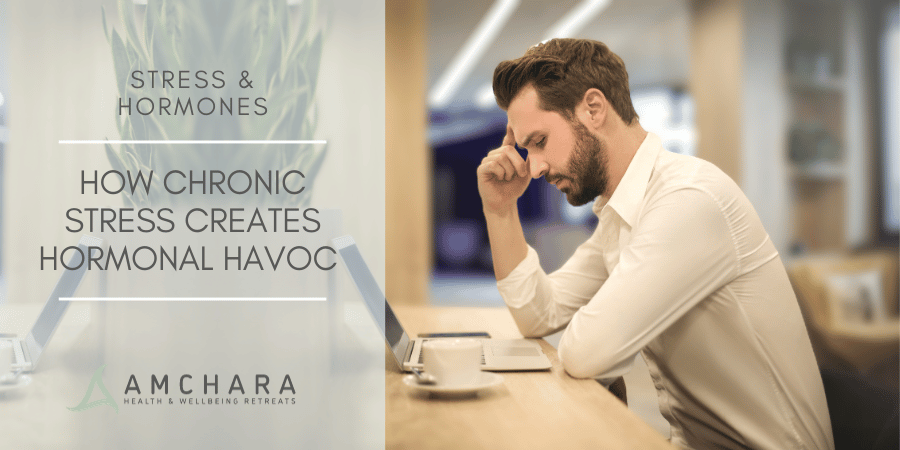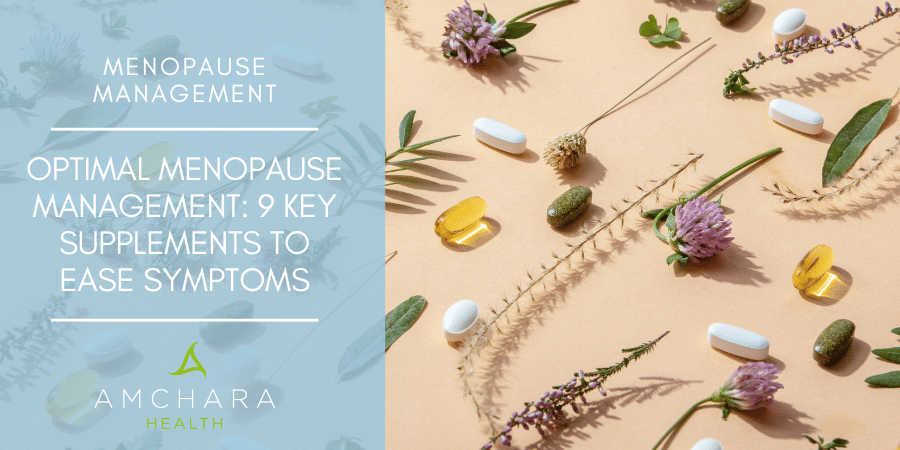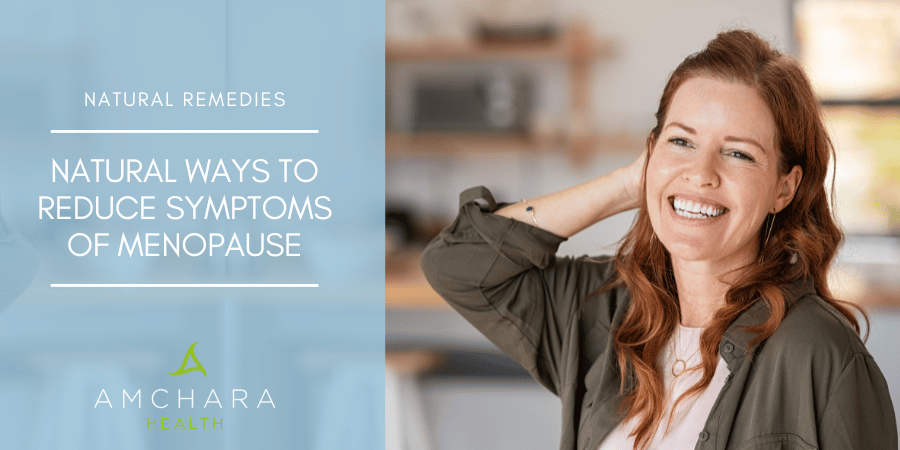Making the right food choices and regular exercise at every stage in your life is essential if you want to maintain healthy hormone balance.
Try as we might, it isn’t always easy to stick to a healthy diet – life can get in the way and lead you down the tricky path to temptation!
Even with a good diet, the food we eat often isn’t as nutritious as it once was due to modern day farming techniques and the availability of highly processed foods that are energy dense and nutrient poor.
Age may also affect the body’s ability to metabolise and absorb important nutrients too.
Need a Hormone Health Check? Book a Free Consultation Today
Article Index:
Hormone balance through the 20s
Hormone Balance through the 30s
Hormone balance through the 40s
Hormone balance after the menopause
At different times in a woman’s life certain nutrients are particularly important, especially when struggling with hormone balance issues such as PMS, infertility, stress, low thyroid function, depression and menopause.
If your diet is lacking in these key nutrients, supplementing offers a simple way to support your nutritional intake and gives you the option of added health insurance.
Whatever your age, a good supplement programme will help you look and feel your best so that you can deal with whatever comes your way and enjoy life.
Hormone balance through the 20s
Life is pretty full on during your 20s – choosing a career, dating, travelling and socialising are often top of the agenda and it’s during this time that women are more likely to eat fast food than at any other age.
Add to that skipping meals, late nights, alcohol, smoking, faddy diets and excessive caffeine consumption and women in their 20s are prime candidates for nutrient deficiencies.
The contraceptive pill can also impact on nutrient absorption and hormone balance.
Taking into consideration common hormone problems during this time of life a number of supplements are well worth keeping in the medicine cabinet:
Omega 3 essential fatty acids (EFAs)
EFAs found in nuts such as walnuts, flaxseeds and oily fish are important at any stage of life, but particularly for women in their 20s.
Not only are EFAs vital for hormonal balance and skin health but they may also help with conditions such as acne, eczema and PMS.
Research has found that EFAs also help to counter low mood, an important consideration given that women in their 20s are particularly susceptible to depression.
Omega 3 Fish oil supplements are easily found in your local supermarket, pharmacy or health food shop. For vegetarians or vegans, flaxseed and walnut oil are also rich sources of omega 3’s.
Bone Support Complex
The body is busily trying to build your bone health during the 20s so it’s important to ensure you get enough bone-building nutrients.
A supplement that contains vitamin D, vitamin K, calcium and magnesium should provide enough protection for even the worst junk food addict!
Magnesium
PMS is often a problem with women in their 20s and according to research many sufferers are found to be deficient in magnesium.
This vital mineral plays a key role in the regulation of many hormones and has been shown to prevent cramping and bloating.
Research suggests it also reduces stress hormones potentially alleviating low mood and depression.
Multi Nutrient Formulation
Hormonal status can affect your chances of experiencing PMS, which is often linked with oestrogen excess.
Optimal liver function is vital for detoxifying oestrogen and this process is facilitated by many nutrients, specifically vitamin
B6 and magnesium
Excess coffee, tea and alcohol can deplete B vitamins, particularly B6, which is important for hormonal health and energy.
B6 has been widely studied for its effectiveness in the prevention of PMS symptoms. Women with severe PMS have reported much improvement of their symptoms after taking complexes that contain magnesium and B6.
Smoking also depletes vitamin C levels. High levels of vitamin C are present in the ovaries suggesting it is important for ovarian function.
Any depletion may therefore affect menstruation regularity and fertility.
Many women in their 20s start taking the oral contraceptive pill and may be unaware that it can affect the absorption of several important nutrients that can affect hormone balance.
Research shows that key nutrient depletions include: folic acid, vitamins B2, B6, B12, vitamin C, vitamin E and the minerals selenium, magnesium and Zinc.
A good multi-vitamin and mineral supplement should contain all of these.
Hormone Balance through the 30s
Your 30s can be a hectic, stressful decade.
You may be juggling family with job commitments and increasing financial responsibilities.
Balancing blood sugar is essential for preventing hormonal imbalances and achieving optimum energy levels.
A diet full of sugary foods and refined carbohydrates is guaranteed to play havoc with blood sugar levels and hormone balance so it is important to try to avoid these choices, however there are supplements that can help.
Chromium
This essential mineral is known to enhance the action of insulin and is critical to the metabolism and storage of carbohydrates. It is often used therefore to maintain normal blood sugar balance. Many people also find it helps to curb appetite and prevent sugar cravings.
Omega 3 fish oils
Omega-3 fatty acids (EFAs) are vital constituents of all cell membranes and have a profound effect on every system of the body, including the reproductive system.
EFAs are also precursors of locally produced hormones and are therefore crucial for healthy hormone function.
The anti-inflammatory action of EFAs can also help to reduce inflammation, which may interfere with conception and maintaining a healthy pregnancy.
Vitamin C
Hormone imbalances are frequently due to stress and anxiety, which is sometimes unavoidable, especially if there is too much emphasis on sugary foods in the diet.
Vitamin C is a key circulating antioxidant with the ability to counter oxidative stress that often occurs due to anxiety and stress. Studies have found that vitamin C is an effective therapy for reducing both blood pressure and anxiety.
Furthermore a good dose of vitamin C can help to protect free radical damage to the mitochondria.
These are the powerhouses in the cells that produce energy. Fatigue is often due to deficiencies in vitamin C and other antioxidants.
Hormone balance through the 40s
This is that period in life where weight may begin to creep on, thanks to our decreasing metabolism and changing hormone levels.
Obesity can disrupt normal menstruation by interfering with ovulation and is also associated with higher levels of oestrogen.
The more stored fat you have the more easily your body can convert androgens into oestrogens causing hormonal imbalances. Androgens are typically thought of as male hormones but women have them too at lower levels. Their main function is to manufacture oestrogen.
Conjugated linoleic acid (CLA)
Slow but consistent weight gain may potentially lead to obesity but is avoidable and can be accomplished through exercise and healthy eating.
Nutrients such as CLA can be useful to help lower body fat and increase lean body mass.
CLA works to decrease the activity of an enzyme that promotes the storage of triglycerides within fat cells, so less fat is stored. It is also thought to help transport fat into the energy producing compartments in cells (mitochondria). This potentially leads to an increase in the rate of energy produced whilst exercising.
Studies also suggest that CLA may improve insulin sensitivity, another factor that is associated with blood sugar imbalance and weight gain.
L-Carnitine
This amino acid is another important nutrient needed to transport fatty acids into the mitochondria to be used for energy.
Dietary deficiencies of essential amino acids (from protein) and the co factors iron, vitamins B3, B6 and C can lead to a carnitine deficiency. Some research indicates that carnitine may be a useful tool for weight loss alongside aerobic exercise and healthy eating.
Serotonin is a neurotransmitter in the brain that raises mood but has also been found to influence appetite and binge eating – particularly with carbohydrates.
L-tryptophan and 5-HTP (5-hyroxytryptophan) are pre-cursors needed to produce serotonin, but it is 5-HTP that is most often used in supplement form as it bypasses the first steps of conversion. According to research the nutrient 5-HTP positively influences cravings and diet compliance in obese individuals due to its impact on serotonin levels.
Vitamin D, Vitamin K, Calcium & Magnesium
As you approach the menopause, bone-building nutrients become very important due the gradual reduction of oestrogen, which has an impact on bone strength.
Most of us are aware that calcium is important for bones, but other nutrients, such as vitamin D, magnesium and vitamin K, are also essential for bone health.
A complex containing this mix of nutrients is highly recommended as you go through your 40s.
Hormone balance after the menopause
Fluctuating hormones post-menopause bring a range of troublesome symptoms, but probably one the most common symptoms and suffered by 85% of women in the west is hot flushes.
Although there are many well-recognised herbal remedies, increasing evidence in the scientific literature illustrates the positive effects of vitamins and minerals.
One nutrient that isn’t often considered is vitamin C.
In one clinical study a group of postmenopausal women were given a complex containing 1,200mg vitamin C per day – after one month just over half of them reported their hot flushes had completely stopped and 34% of the women said the flushes had reduced. Another study showed 88% of post-menopausal women suffering hot flushes had experienced complete relief of their symptoms after taking vitamin C.
Vitamin E
Vitamin E is another nutrient that has been shown to reduce hormone related menopausal symptoms such as hot flushes, fatigue, palpitations, nervousness, vaginal dryness and muscle and joint pains. Complimentary health practitioners have seen beneficial effects at daily dosages of 400-1,200 IU.
Research suggests that the electrolytes lost through perspiration during hot flushes are replenished by vitamin E and as a powerful antioxidant it also provides protection from oxidative stress, which lessens hot flushes.
Brain Health Complex
Hormone deficiencies and imbalances can contribute to poor brain function.
Many women experience memory issues after the menopause, which can be quite frustrating but can also be helped with a few carefully chosen supplements.
If you find yourself going into a room and then forgetting what it was you went there for, you might find choline, phosphatidyl serine and acetyl-l-carnitine useful for jogging your memory as these are potent brain supportive nutrients.
Iodine
Thyroid balance is important when considering hormone health especially post-menopause when many women experience sluggish thyroid function.
One of the most important minerals for the thyroid is iodine which is mostly found in seafood, fish and sea vegetables. One of the richest supplies can be found in Kelp a type of seaweed.
A healthy functioning thyroid converts iodine from food into thyroid hormones which the body depends upon to regulate the metabolism of every cell in the body. Symptoms of poor thyroid function include: fatigue, weight gain, constipation, depression, dry skin, intolerance to cold, low libido, poor memory and hair loss.
Adults should aim for around 150mcg/day of iodine. Iodine intake should be carefully monitored if you are taking thyroid medication.
Although it seems like women never have it easy, so many of these issues we experience throughout life can be managed with appropriate lifestyle changes and supportive nutrients.
Hopefully some of these supplement suggestions will be useful. Have you tried any already and noticed a difference? We’d love to hear about what works for you or any thoughts you have on this article.
Author: Jacqueline Newson BSc (Hons) Nutritional Therapy
Hormone Related Stories:
